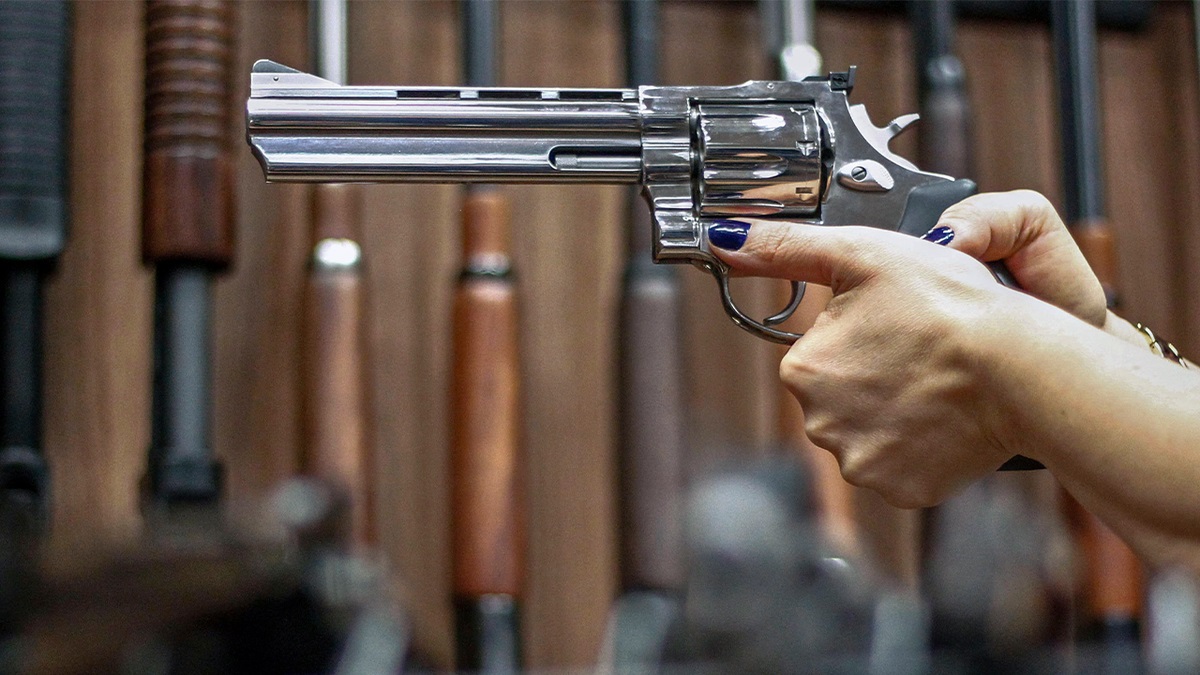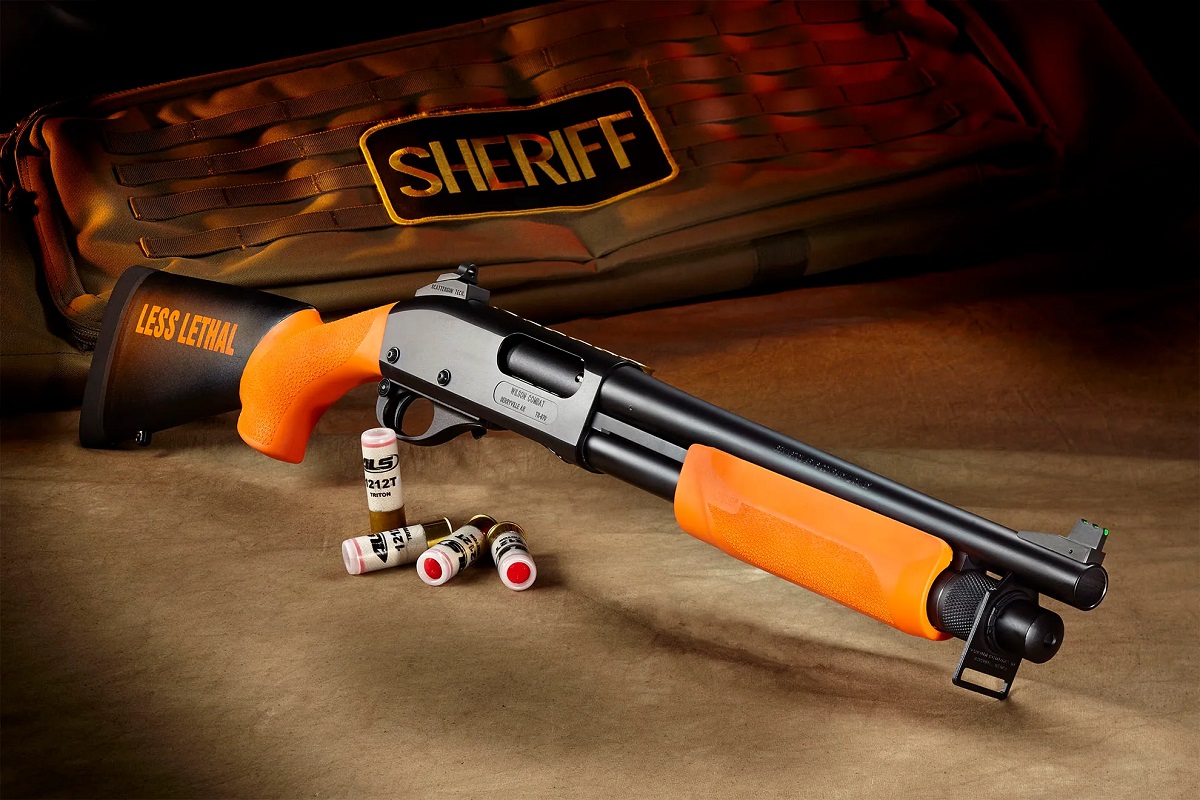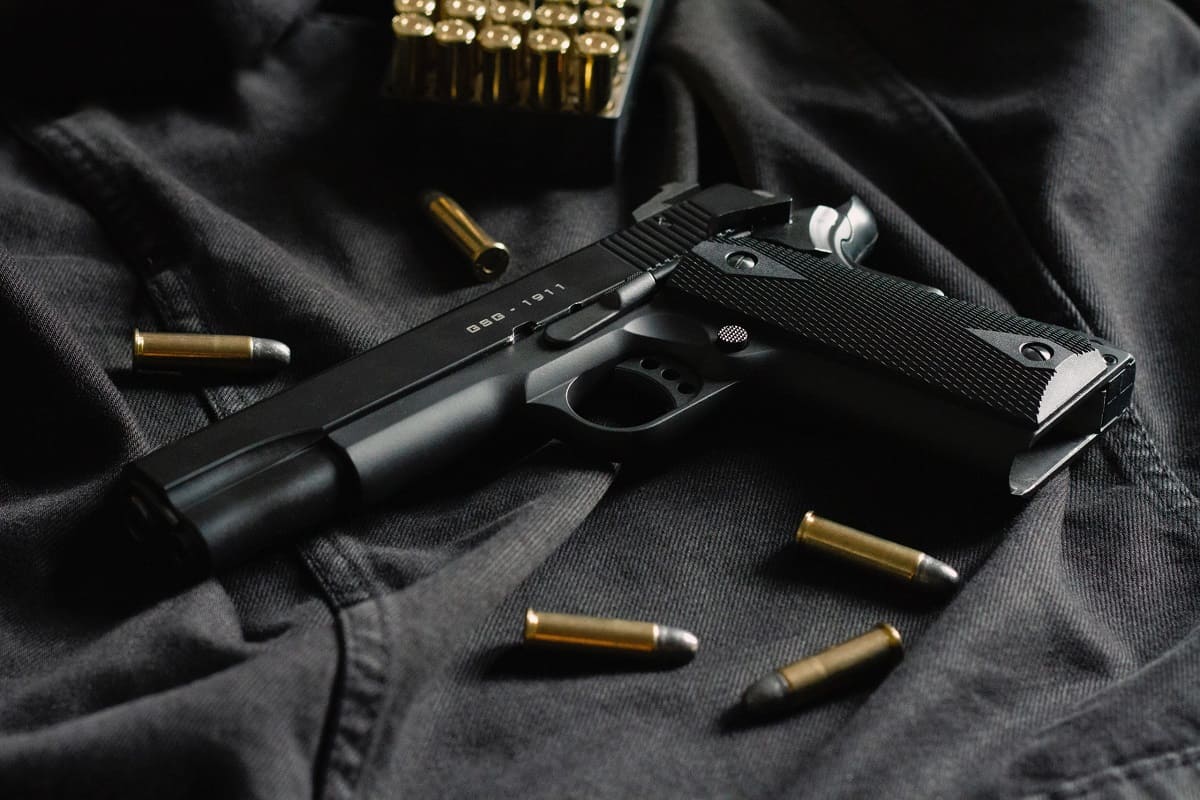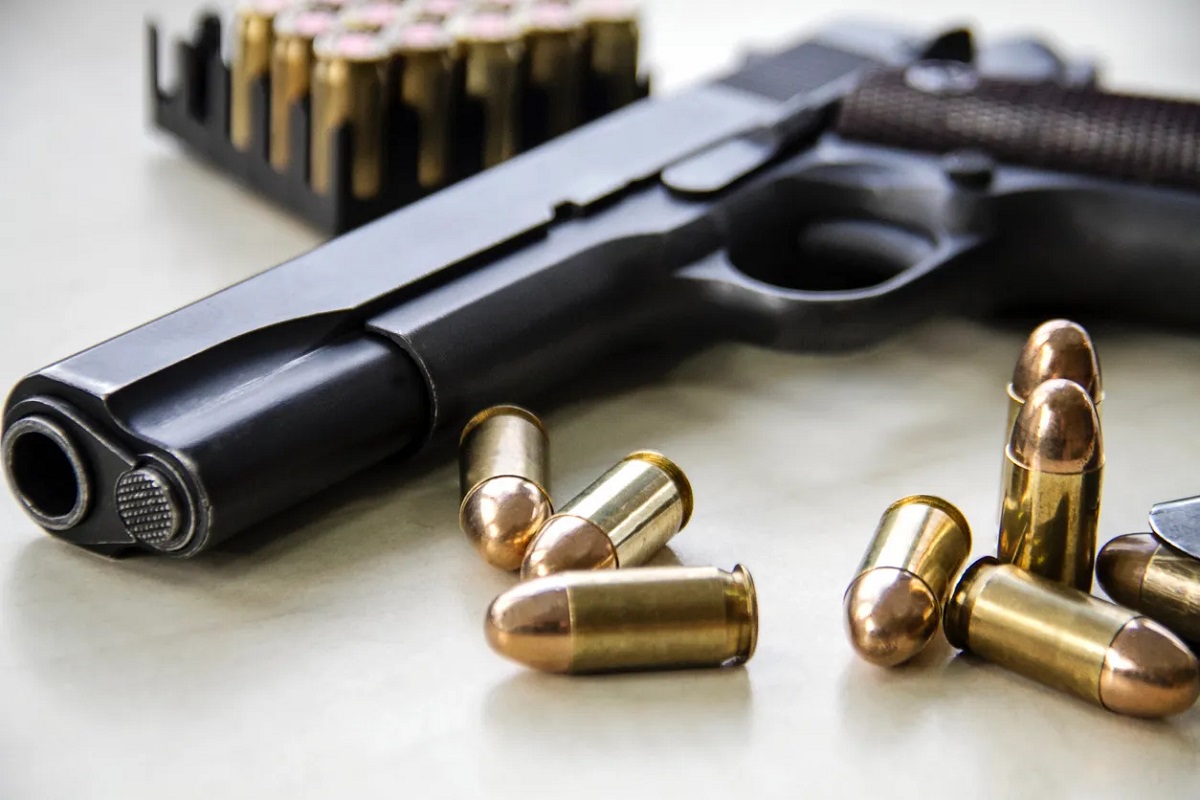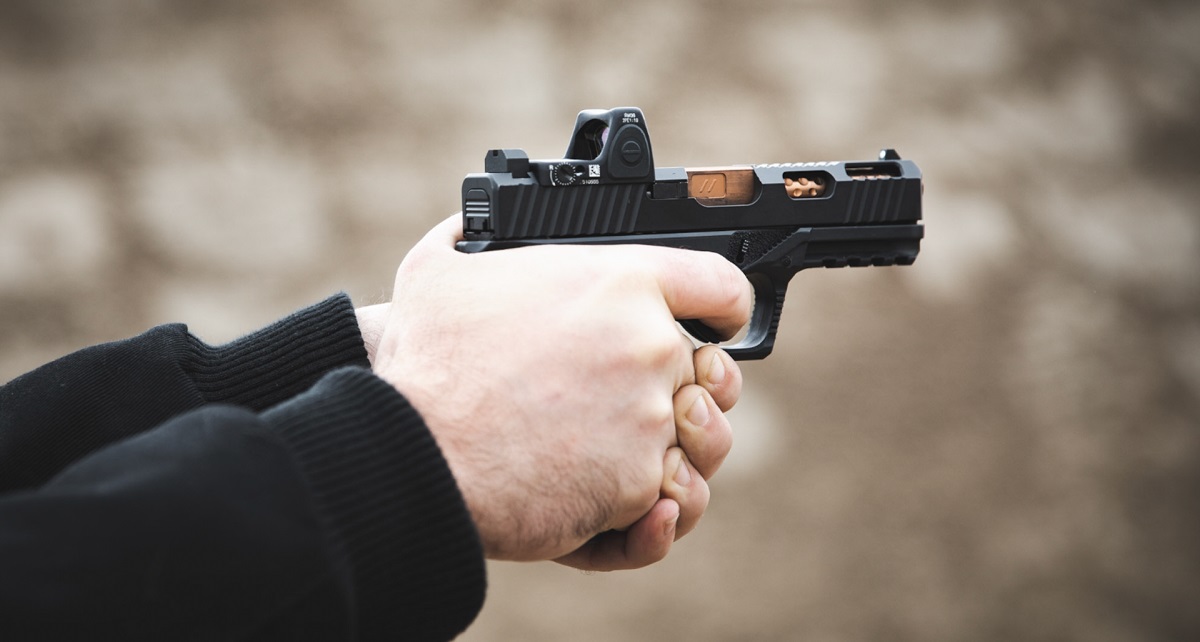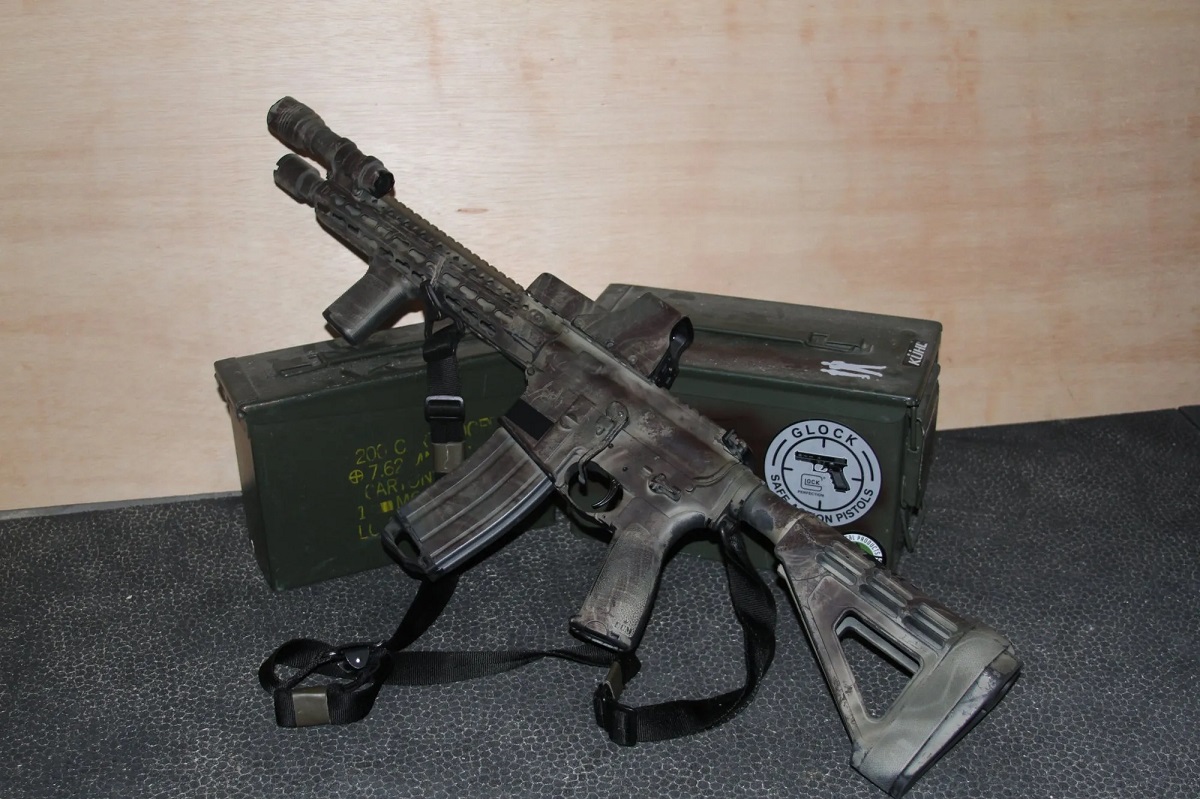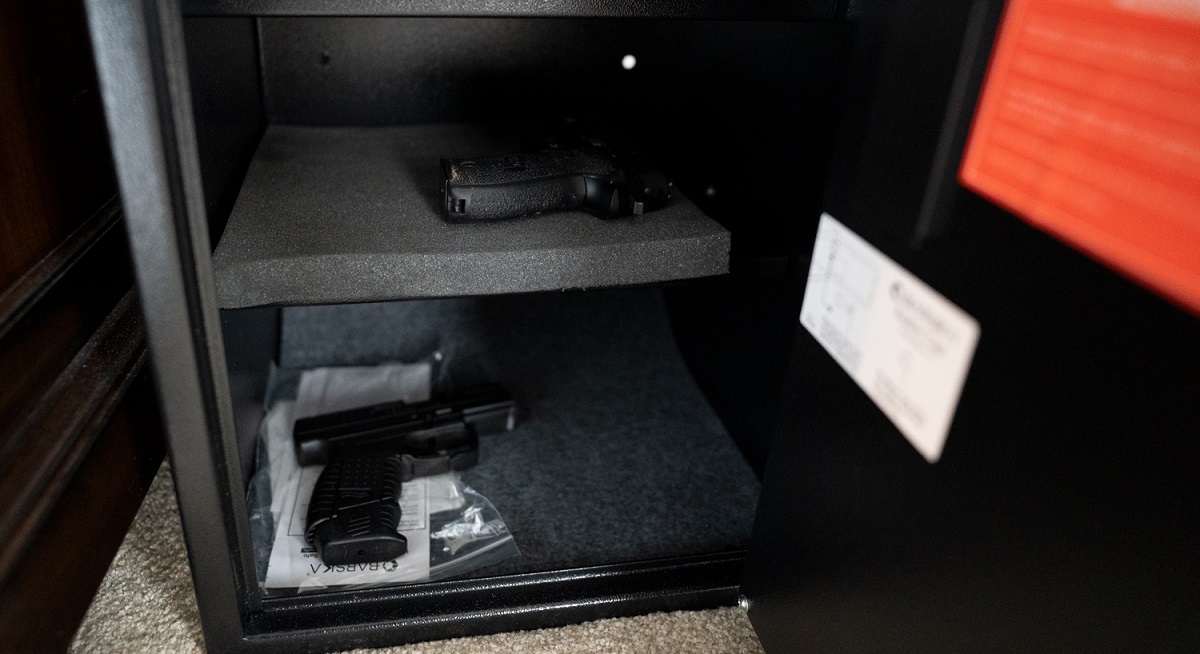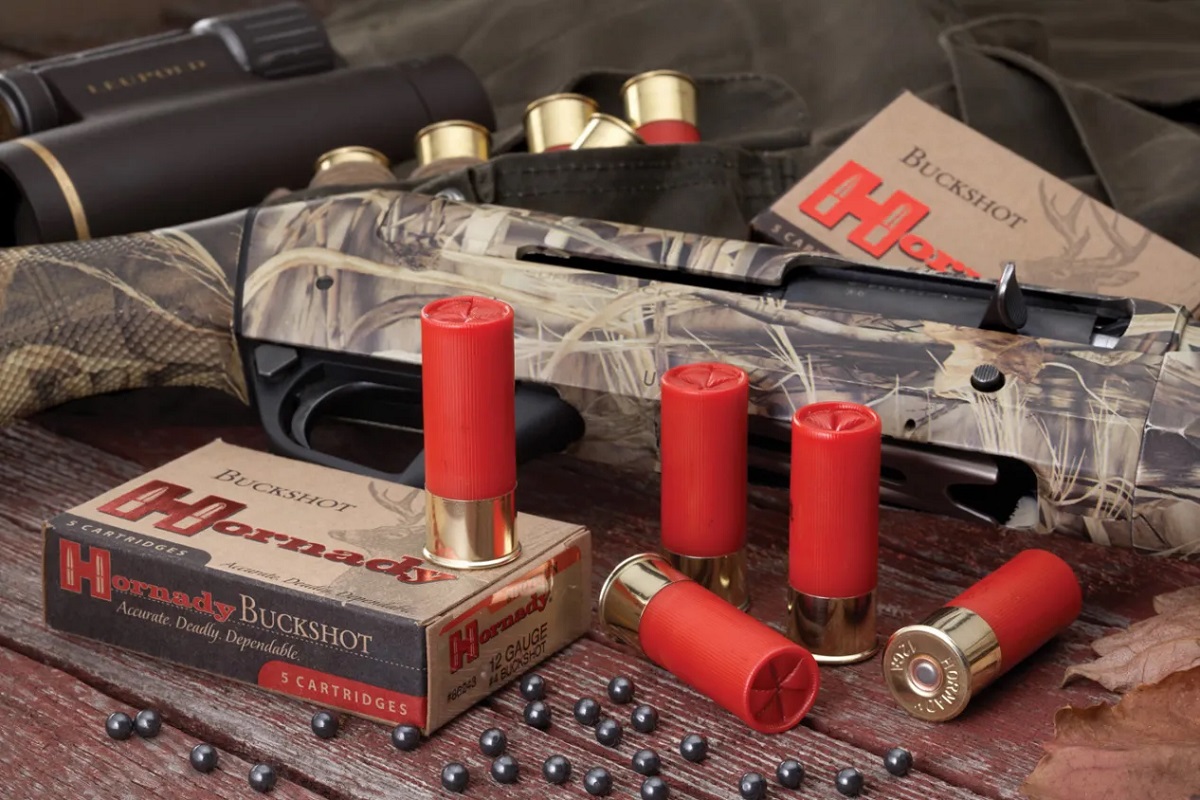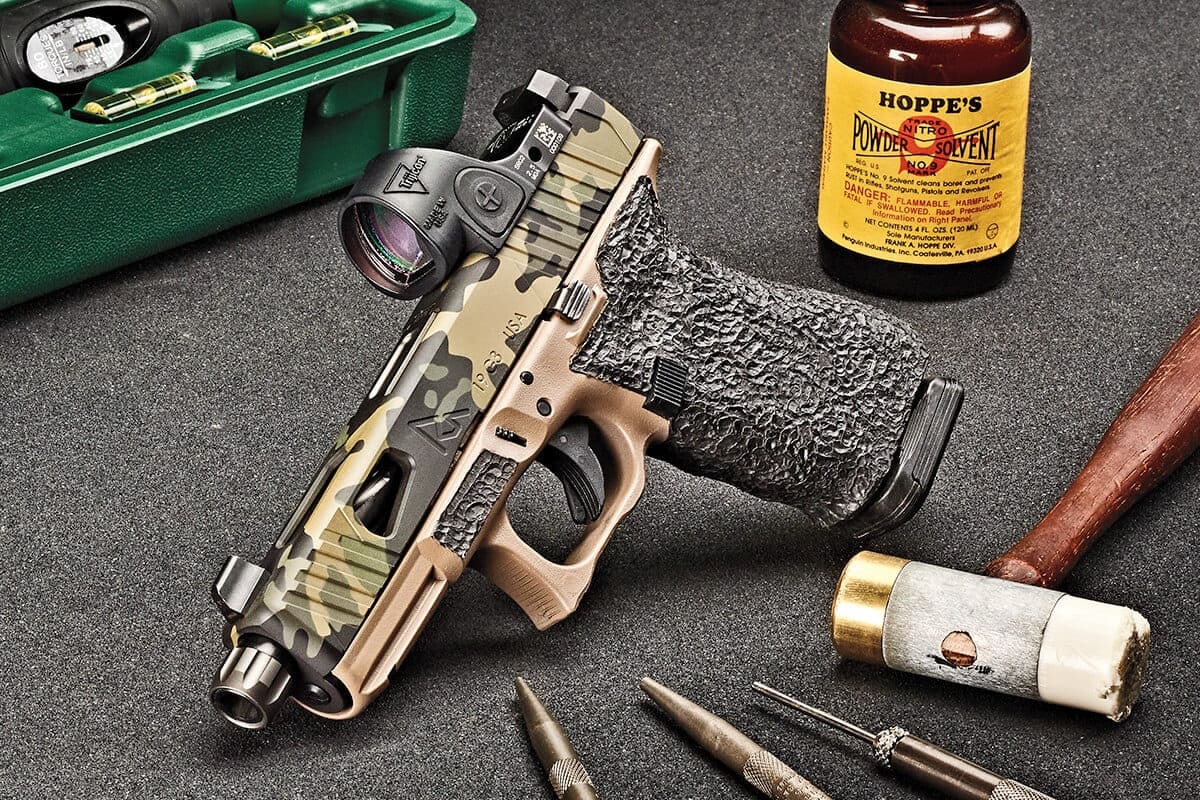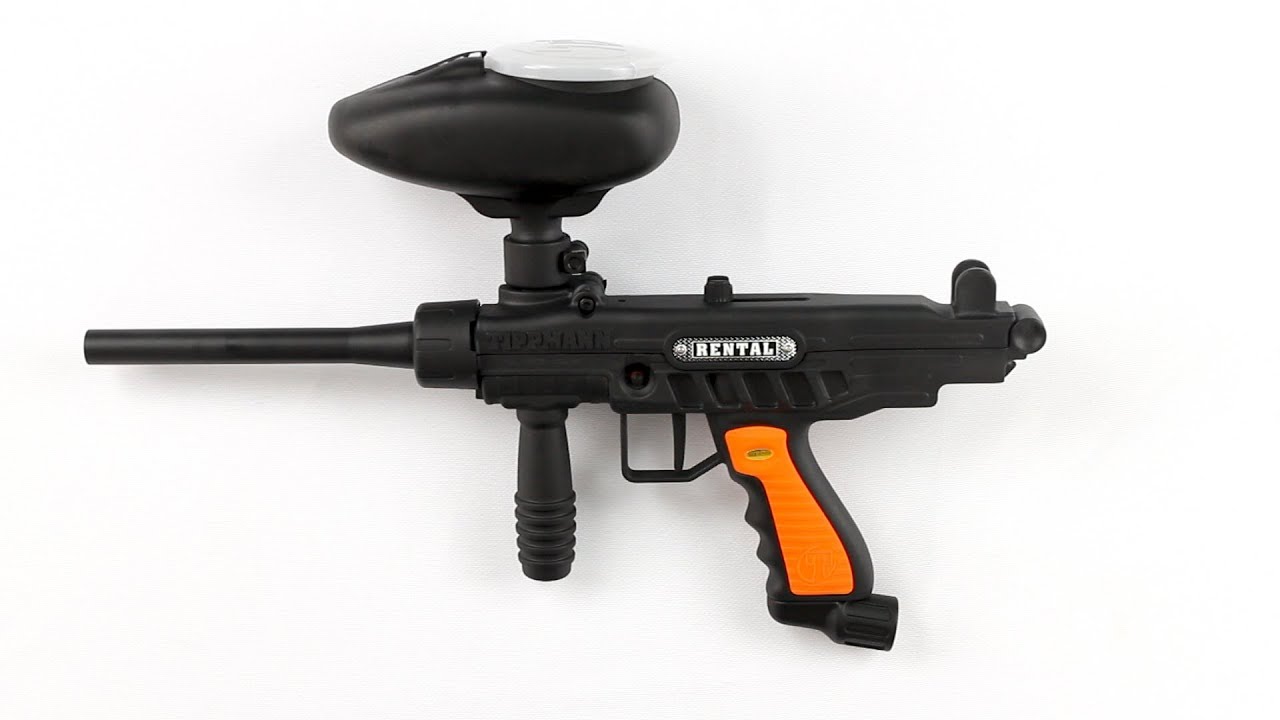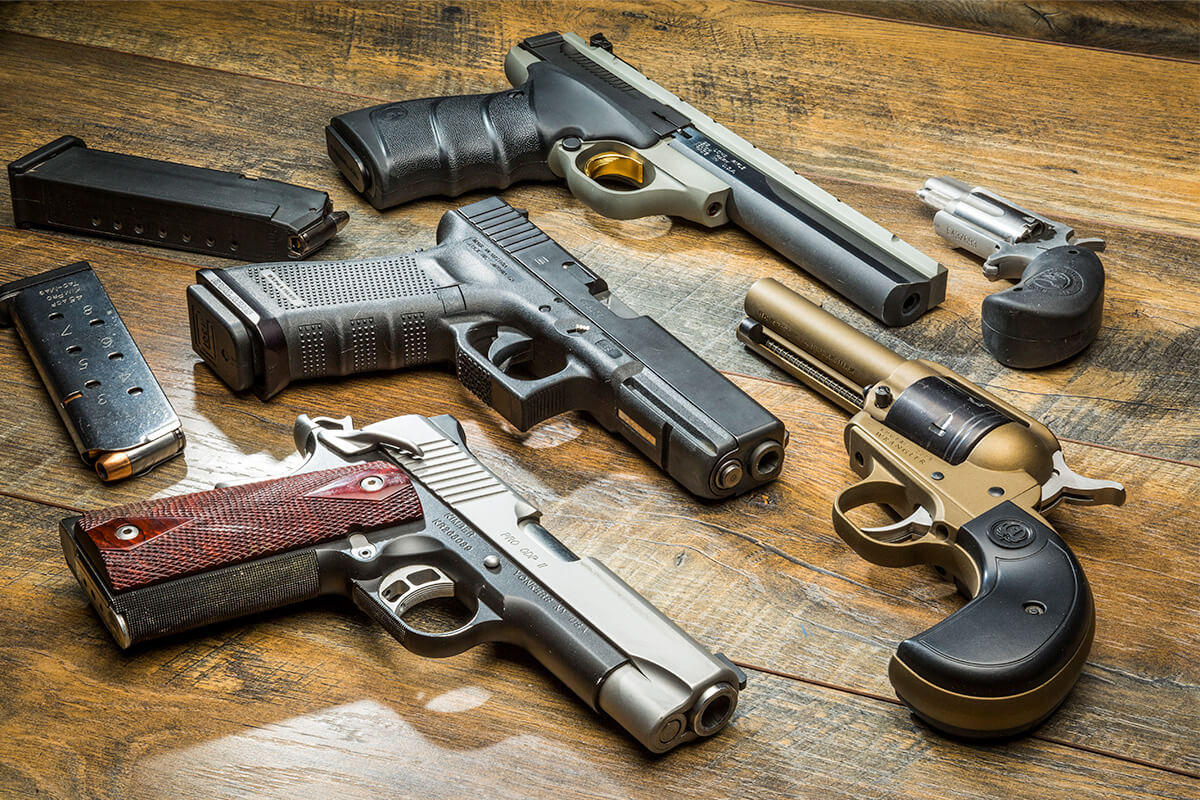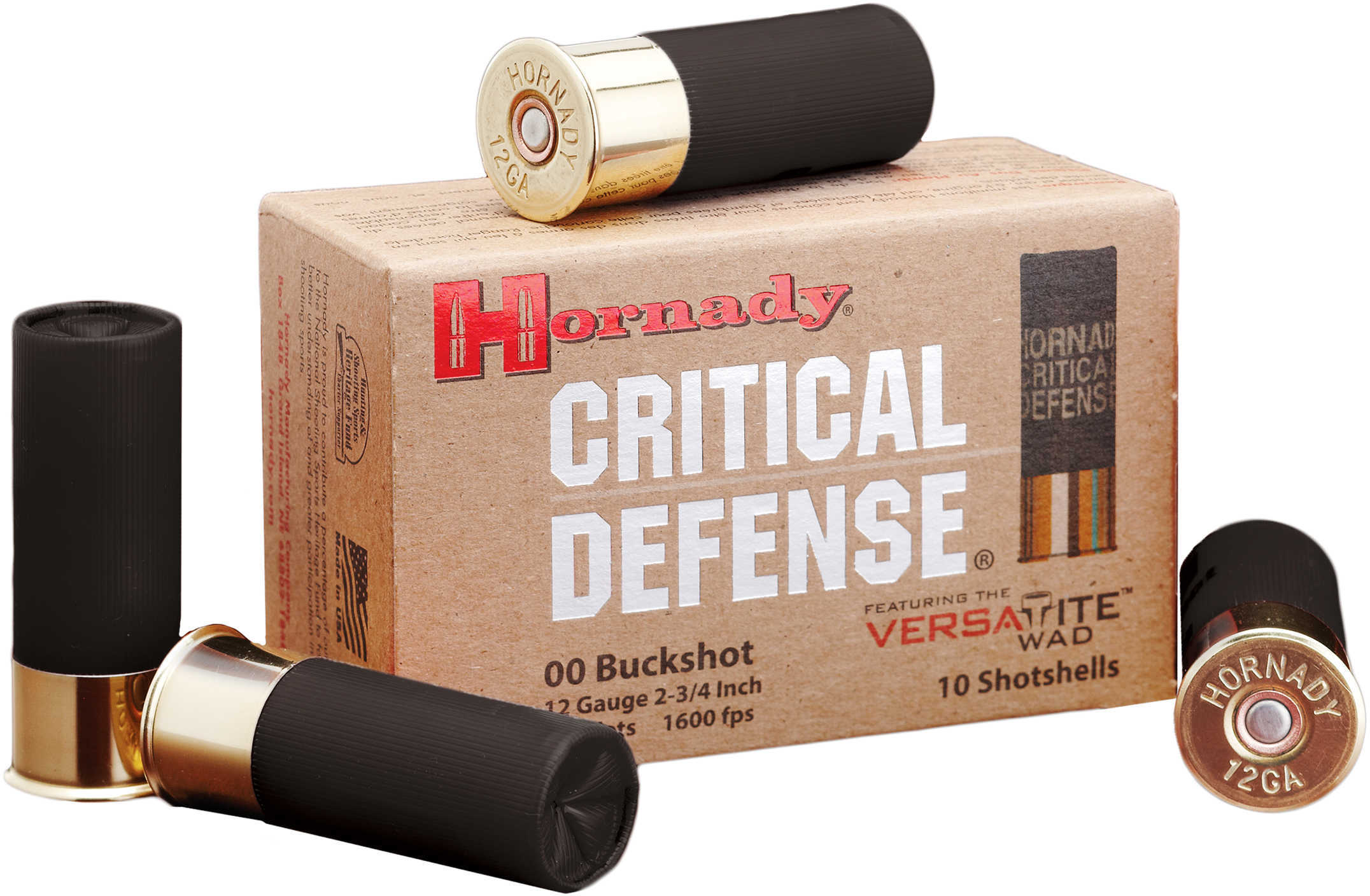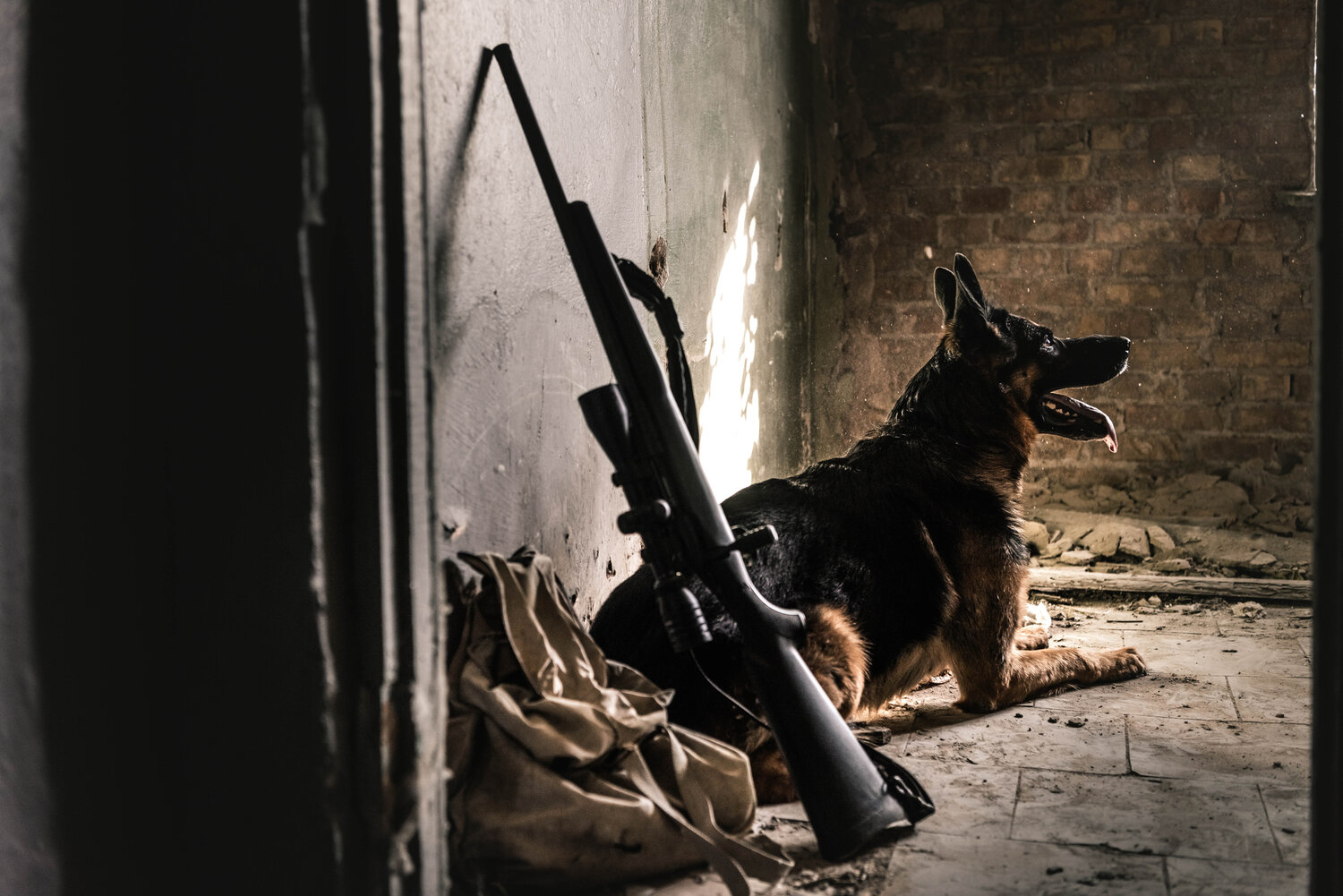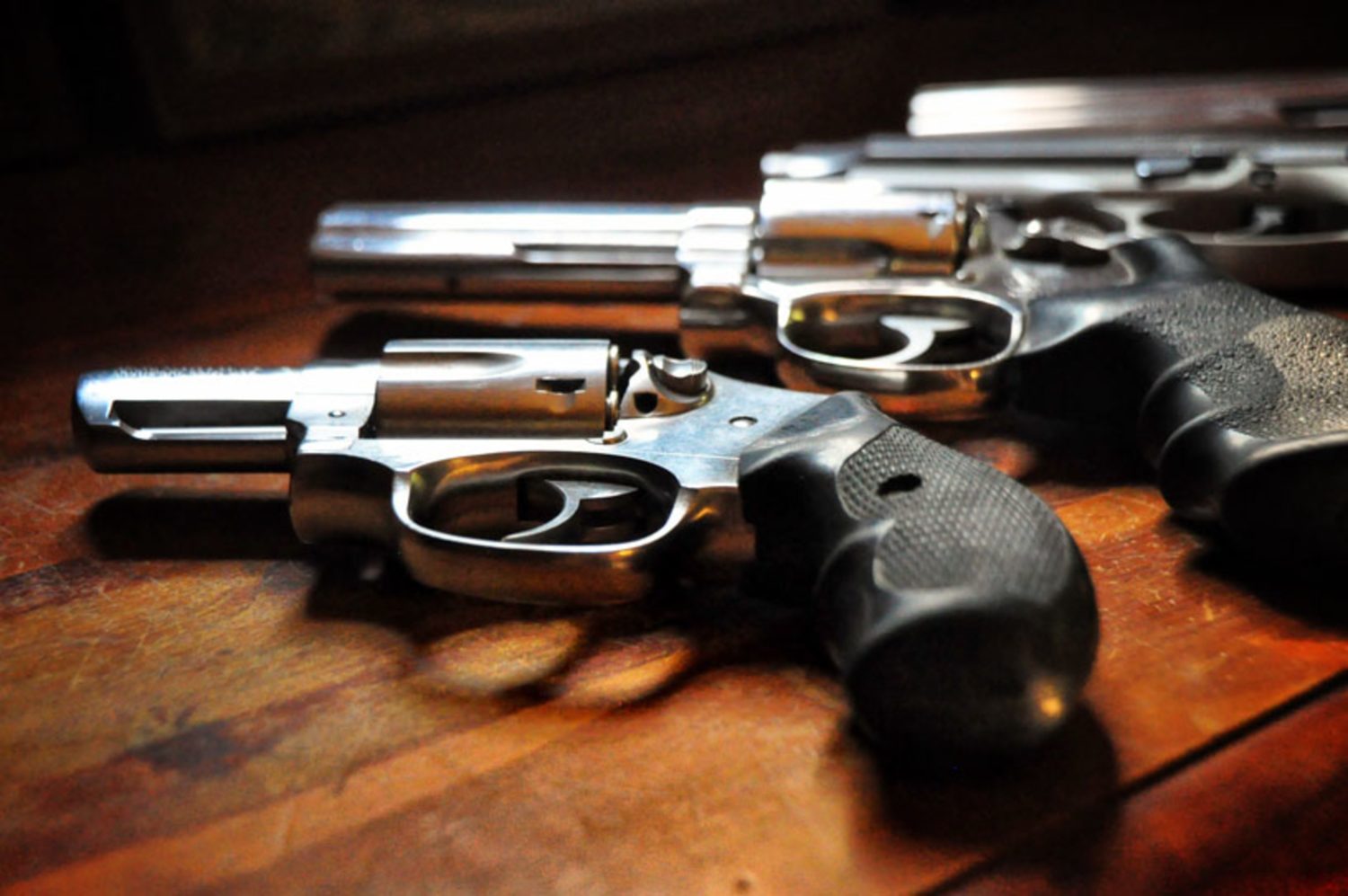Home>Home Security and Surveillance>What Kind Of Guns Are Allowed For Home Defense
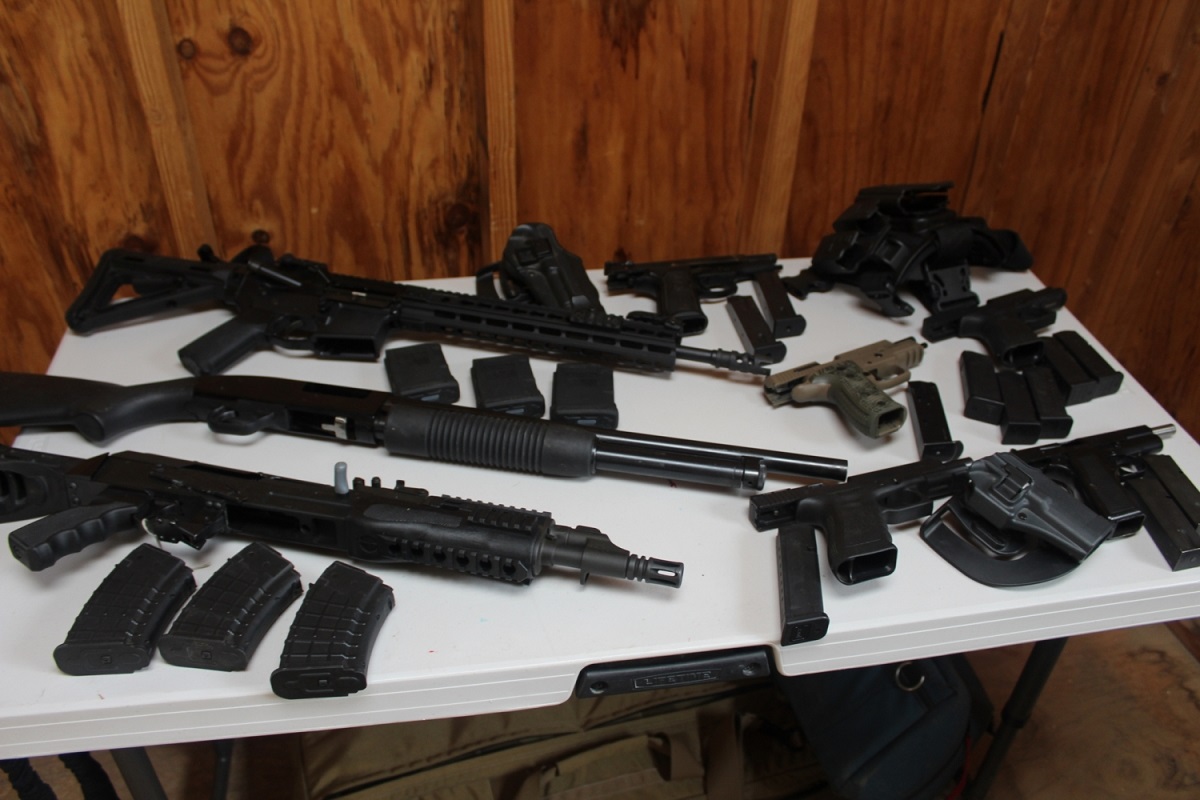

Home Security and Surveillance
What Kind Of Guns Are Allowed For Home Defense
Modified: March 6, 2024
Discover what kind of guns are allowed for home defense to ensure optimal #home-security-and-surveillance. Make an informed choice to protect your loved ones.
(Many of the links in this article redirect to a specific reviewed product. Your purchase of these products through affiliate links helps to generate commission for Storables.com, at no extra cost. Learn more)
Introduction
When it comes to home security and surveillance, one of the most important considerations is how to protect yourself and your loved ones in the event of a break-in or threat. While security systems and alarms are valuable tools in deterring criminals, having a reliable means of self-defense is equally essential. In situations where law enforcement response may be delayed, it’s crucial to have a plan and the necessary tools to defend your home.
One common method of home defense is the use of firearms. However, it’s important to understand the different types of guns that are allowed and suitable for home defense. Factors such as accuracy, ease of use, and level of lethality should all be considered when choosing the right firearm for your home.
Before diving into specific types of firearms, it’s essential to note that gun laws vary from one jurisdiction to another. It is crucial to familiarize yourself with the firearm regulations in your area and ensure that you comply with all legal requirements. Consulting with local authorities or a firearms expert can provide you with the necessary guidance for navigating through these regulations.
In this article, we will explore the various options for firearms that are commonly used for home defense, including rifles, shotguns, and handguns. We will also discuss non-lethal options for those who prefer alternatives to firearms. By understanding the advantages and limitations of each type of firearm, you can make an informed decision about which one is best suited for your specific needs.
Note: The ultimate goal of home defense is to protect yourself and your loved ones and to ensure everyone’s safety. Proper training and education on firearm safety and responsible ownership are crucial. It is highly recommended to seek professional guidance in acquiring and using firearms for home defense.
Key Takeaways:
- Choose the right firearm for home defense by considering factors like caliber, action type, and ammunition. Proper training and understanding of firearm safety are crucial for responsible ownership.
- Non-lethal options like pepper spray and personal alarms provide effective alternatives for home defense, especially for those uncomfortable with firearms. Proper training and familiarity with local laws are essential for safe use.
Rifles
A rifle is a long-barreled firearm that is designed for accuracy and range. Rifles are commonly used for hunting and target shooting but can also be an effective choice for home defense. Here are some key considerations when selecting a rifle for home defense:
- Caliber: Choosing the right caliber is crucial. It’s essential to strike a balance between stopping power and manageable recoil. Popular calibers for home defense rifles include .223 Remington, .308 Winchester, and 5.56mm NATO.
- Semi-automatic vs. Bolt-action: Semi-automatic rifles, such as the AR-15, allow for rapid follow-up shots, while bolt-action rifles require manual cycling of the bolt after each shot. Semi-automatic rifles are generally favored for home defense due to their ease of use and ability to provide a higher rate of fire.
- Barrel Length: A shorter barrel length can offer maneuverability in tight spaces, but it may sacrifice some accuracy and velocity. For home defense purposes, a barrel length of around 16 to 18 inches strikes a good balance between maneuverability and effectiveness.
- Accessories: Consider adding accessories such as a weapon light, red dot sight, or holographic sight to enhance target acquisition and low-light performance.
- Ammunition: Choose defensive ammunition specifically designed for self-defense. Look for rounds that offer reliable expansion and penetration, such as hollow point or ballistic tip bullets.
Rifles offer several advantages for home defense. They provide better accuracy and longer effective range compared to handguns or shotguns, which can be crucial in situations where distance is a factor. The ability to engage threats from a distance can provide an added layer of safety, allowing you to stay in a more secure position while defending your home.
However, there are also considerations to keep in mind. Rifles can be more challenging to maneuver in tight spaces due to their longer length, and the penetration power of rifle rounds may pose a greater risk of overpenetration, potentially endangering innocent bystanders. It’s crucial to understand your surroundings and ensure that you have a clear line of sight before discharging a rifle indoors.
Overall, rifles can be an effective choice for home defense, particularly in circumstances where longer range engagement or accuracy is crucial. However, appropriate training and understanding of the firearm’s capabilities and limitations are essential to ensure safe and responsible use.
Shotguns
Shotguns are versatile firearms that are popular for both hunting and home defense. The wide spread of shot pellets makes shotguns effective at close range, providing a high likelihood of hitting the target. Here are some factors to consider when choosing a shotgun for home defense:
- Gauge: Shotguns come in various gauges, with 12 gauge being the most common for home defense. A 12-gauge shotgun offers a good balance of power and recoil. However, smaller gauges like 20 gauge can also be effective, with reduced recoil for those who prefer it.
- Action: There are different shotgun actions to choose from, including pump-action, semi-automatic, and break-action (single or double barrel). Pump-action shotguns, such as the Remington 870, are popular for home defense due to their reliability and ease of use.
- Barrel Length: Shorter barrel lengths between 18 to 20 inches are commonly recommended for home defense shotguns. This length allows for easier maneuverability in tight spaces without sacrificing too much effectiveness.
- Choke: Shotguns may have interchangeable chokes that control the spread pattern of the shot. For home defense, a cylinder or improved cylinder choke is typically recommended to provide a wider spread at close range.
- Ammunition: For home defense, choose shotgun shells specifically designed for self-defense, such as buckshot or slugs. Buckshot shells contain multiple lead or steel pellets, while slugs are a single heavy projectile. Both provide significant stopping power at close range.
Shotguns offer some unique advantages for home defense. The wide spread of shot when using buckshot increases the chances of hitting a target while providing a deterrent effect. The sound of racking a round into the chamber of a pump-action shotgun can also serve as an effective deterrent to potential intruders.
However, shotguns do have some limitations. Their effective range is generally shorter than rifles and handguns, making them most effective at close quarters. Shotguns can also produce significant recoil, which may be a consideration for those with reduced physical strength or experience with firearms. Additionally, shotguns may have a lower ammunition capacity compared to semi-automatic rifles or handguns, requiring more frequent reloads.
Ultimately, shotguns have proven to be effective home defense tools, particularly in close-quarters situations. Like any firearm, proper training and practice are essential to ensure safe and responsible use.
For home defense, consider a shotgun or a handgun. Shotguns are effective at close range and handguns are easy to maneuver in tight spaces. Always follow local laws and regulations when choosing a firearm for home defense.
Handguns
Handguns are compact firearms that are easy to conceal and carry, making them a popular choice for self-defense, including home defense. Here are some factors to consider when selecting a handgun for home defense:
- Caliber: Handguns come in a variety of calibers, with popular choices for home defense including 9mm, .40 S&W, and .45 ACP. It’s important to choose a caliber that balances stopping power with manageable recoil for accurate and controlled shots.
- Action: Handguns typically come in three main actions: semi-automatic, single-action, and double-action. Semi-automatic handguns, such as the Glock 19 or Smith & Wesson M&P, are often favored for home defense due to their ease of use, magazine capacity, and quick follow-up shot capability.
- Size and Capacity: Consider the size and capacity of the handgun. Compact or full-size handguns are more popular for home defense as they offer a good balance between ease of concealment and magazine capacity. A higher capacity magazine can provide more rounds before the need for reloading.
- Sights and Accessories: Look for handguns with reliable sights, such as night sights or fiber-optic sights, to aid in target acquisition. Adding a weapon light or laser sight can also be beneficial for low-light situations.
- Ammunition: Choose self-defense ammo designed to expand upon impact, such as hollow point rounds. These rounds are specifically designed to minimize overpenetration and maximize stopping power.
Handguns offer several advantages for home defense. Their compact size allows for easy maneuverability in tight spaces and quick access in emergency situations. Handguns can be kept in a secure bedside safe or carried on your person with the proper concealed carry permits. They are also relatively easier to learn and operate compared to rifles or shotguns.
However, handguns do have some limitations. Due to their shorter barrels and smaller size, handguns generally have a shorter effective range compared to rifles or shotguns. They also require more practice and training to achieve accuracy, as their shorter sight radius and increased recoil can affect shot placement.
In home defense scenarios, handguns can be a practical choice, especially for those who prioritize ease of use, accessibility, and concealability. Remember, proper training and regular practice are crucial to ensure safe and effective use of handguns for home defense.
Non-Lethal Options
While firearms can be effective for home defense, some individuals may prefer non-lethal alternatives. Non-lethal options provide a means to deter or incapacitate an intruder without causing fatal harm. Here are some non-lethal options to consider:
- Pepper Spray: Pepper spray, also known as oleoresin capsicum (OC) spray, is a popular non-lethal self-defense tool. It contains a concentrated chemical compound derived from chili peppers that causes temporary blindness, difficulty breathing, and intense pain. Pepper spray comes in small canisters that can be easily carried and quickly deployed.
- Stun Guns and Tasers: Stun guns and Tasers deliver an electric shock to immobilize an attacker temporarily. Stun guns require direct contact with the assailant, while Tasers can shoot probes that deliver the electric shock from a distance. These devices can provide an effective means of non-lethal self-defense, but proper training is necessary to use them safely and effectively.
- Personal Alarms: Personal alarms emit a loud sound when activated and can serve as a deterrent to potential intruders. These small devices can be easily carried on a keychain or worn as a necklace, providing a quick and effective way to draw attention to your situation and potentially scare off an assailant.
- Self-Defense Batons: Self-defense batons are compact telescopic devices that can be extended to provide additional reach and striking force. They are designed to immobilize an attacker through strikes to sensitive areas, but proper training is essential to utilize them effectively.
- Home Security Systems and Alarms: While not direct personal defense tools, home security systems and alarms are valuable in deterring and alerting homeowners to potential threats. These systems can include motion sensors, surveillance cameras, and audible alarms, providing an extra layer of protection and peace of mind.
Non-lethal options can be a suitable choice for individuals who are uncomfortable with firearms or who live in areas with strict firearm regulations. They offer a means of self-defense while minimizing the risk of fatal consequences. However, it’s important to note that non-lethal options may not be as effective in certain situations, and it is crucial to assess your specific needs and consult with professionals to determine the most appropriate non-lethal self-defense tools for your home.
Remember, regardless of the non-lethal option chosen, proper training and familiarization with the equipment are essential to ensure effective and safe use. Regular practice and familiarizing yourself with local laws regarding the carrying and use of non-lethal self-defense tools are also important steps to take.
Conclusion
When it comes to home security and surveillance, having a reliable means of self-defense is crucial. Whether you choose a firearm or a non-lethal option, the primary goal is to protect yourself and your loved ones in the event of a threat or break-in.
Rifles, shotguns, and handguns are all viable choices for home defense, each with its own advantages and limitations. Rifles offer accuracy and longer effective range, shotguns provide a wide spread for close-quarters situations, and handguns offer compactness and ease of use. It’s important to consider factors like caliber, action type, barrel length, and ammunition selection when choosing a firearm.
However, non-lethal options also provide a viable alternative for those who are uncomfortable with firearms or live in areas with stringent firearm regulations. Pepper spray, stun guns, personal alarms, self-defense batons, and home security systems can all serve as effective non-lethal self-defense tools.
No matter which option you choose, prioritizing proper training, education, and familiarity with the tools is essential. Understanding firearm safety and responsible ownership is crucial for those who opt for firearms. On the other hand, becoming proficient in the effective use of non-lethal options is equally important.
Ultimately, the choice between firearms and non-lethal options for home defense depends on personal preferences, local regulations, and individual circumstances. It is recommended to seek professional guidance and advice when selecting the best self-defense tools for your home.
Remember, home security is a comprehensive endeavor that involves a combination of deterrents, alarms, and preparedness. Alongside having a means of self-defense, maintaining good physical security practices, such as securing doors and windows, and being aware of your surroundings are also critical in safeguarding your home and loved ones.
By making informed decisions and taking the necessary precautions, you can create a secure environment that provides peace of mind for you and your family.
Frequently Asked Questions about What Kind Of Guns Are Allowed For Home Defense
Was this page helpful?
At Storables.com, we guarantee accurate and reliable information. Our content, validated by Expert Board Contributors, is crafted following stringent Editorial Policies. We're committed to providing you with well-researched, expert-backed insights for all your informational needs.
